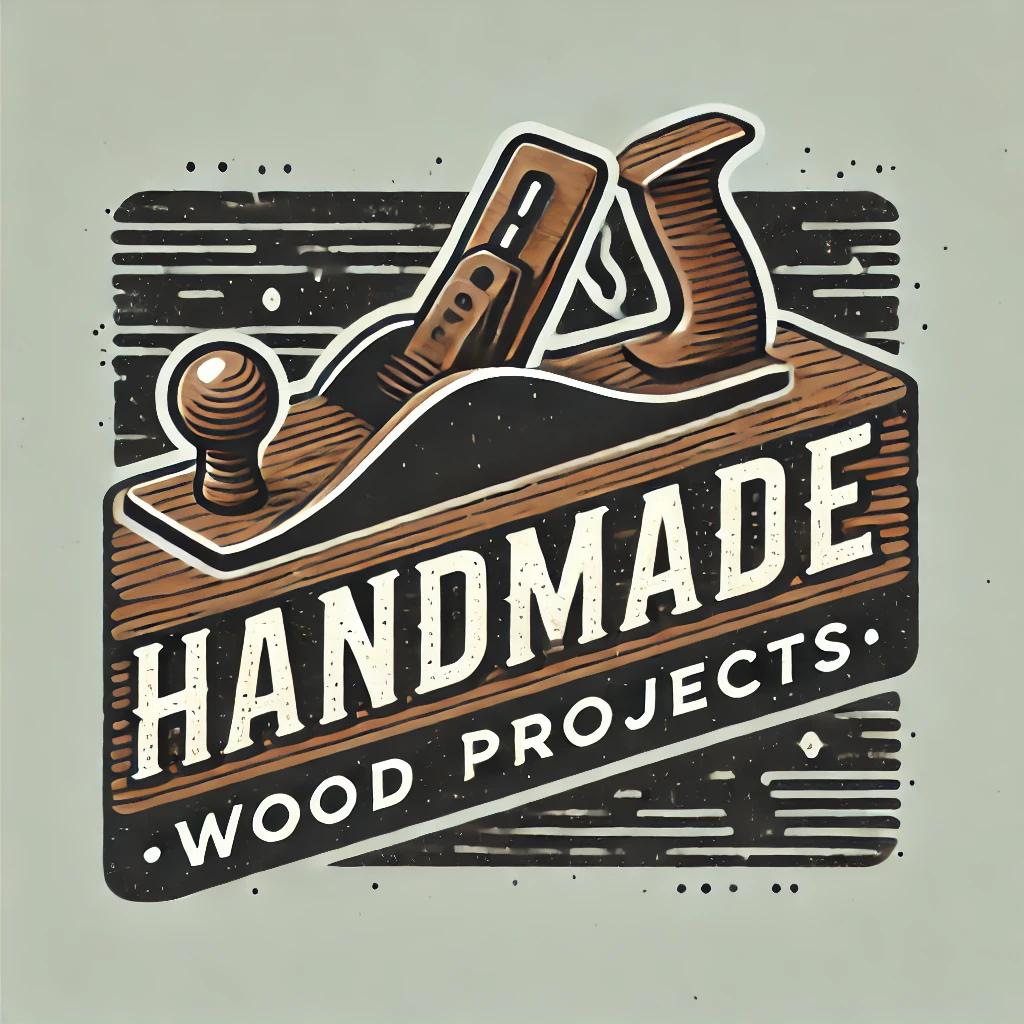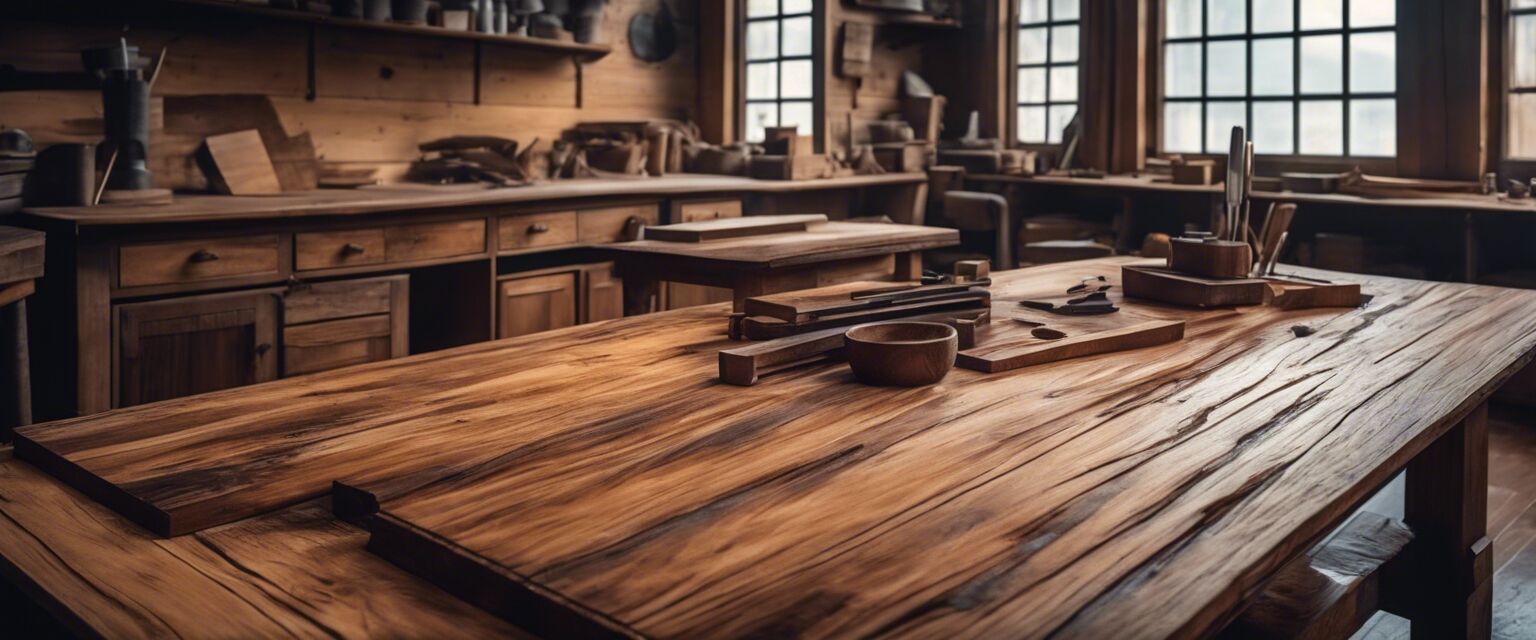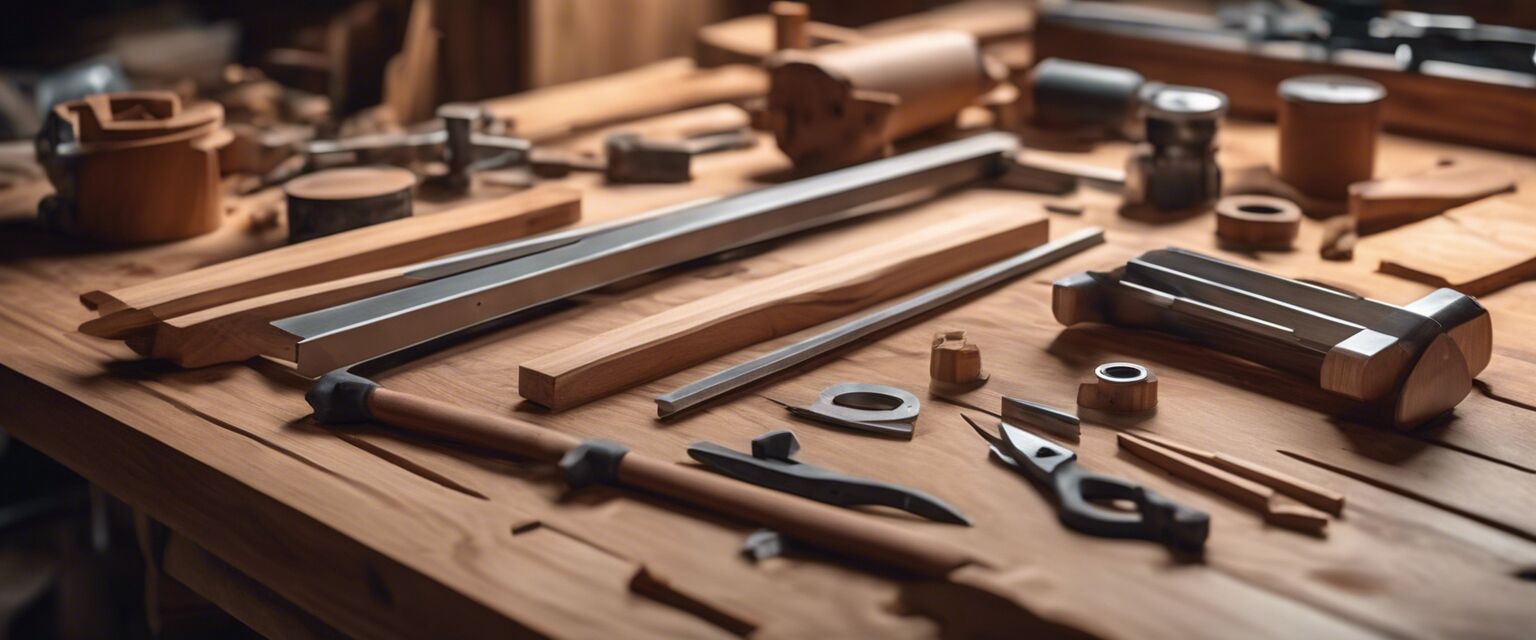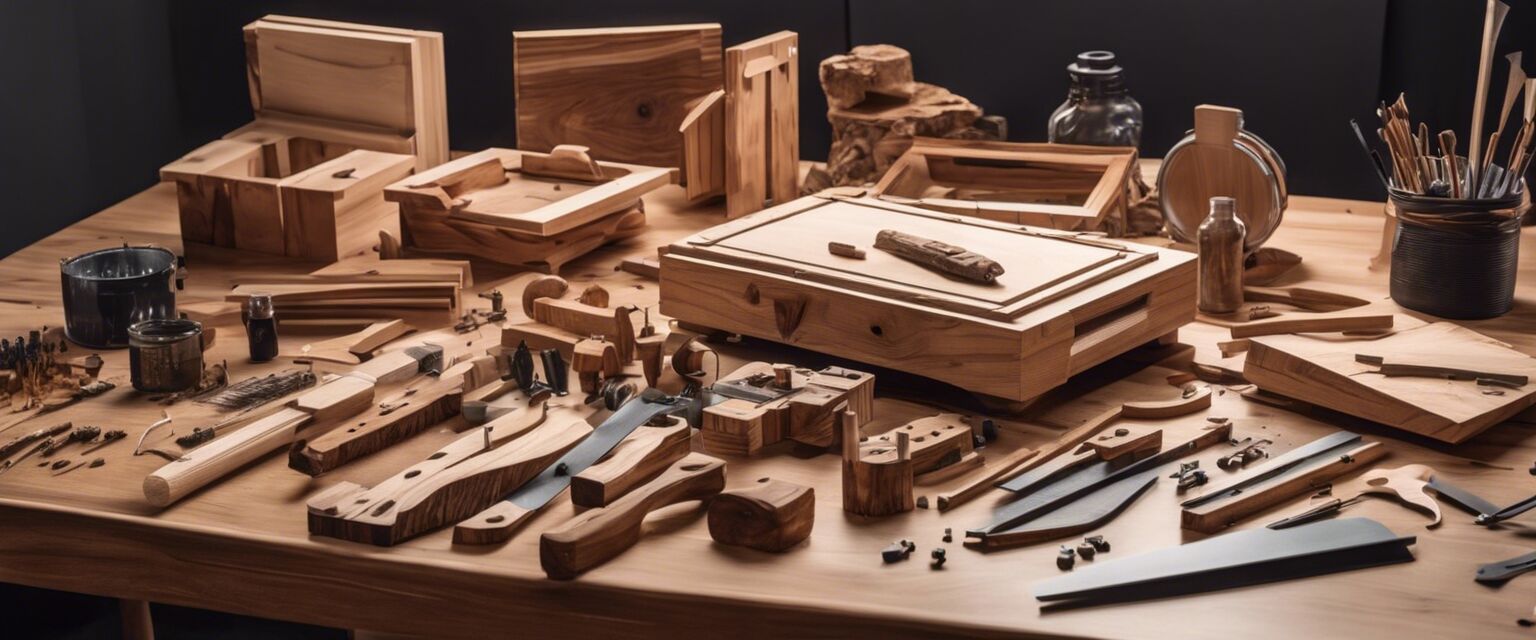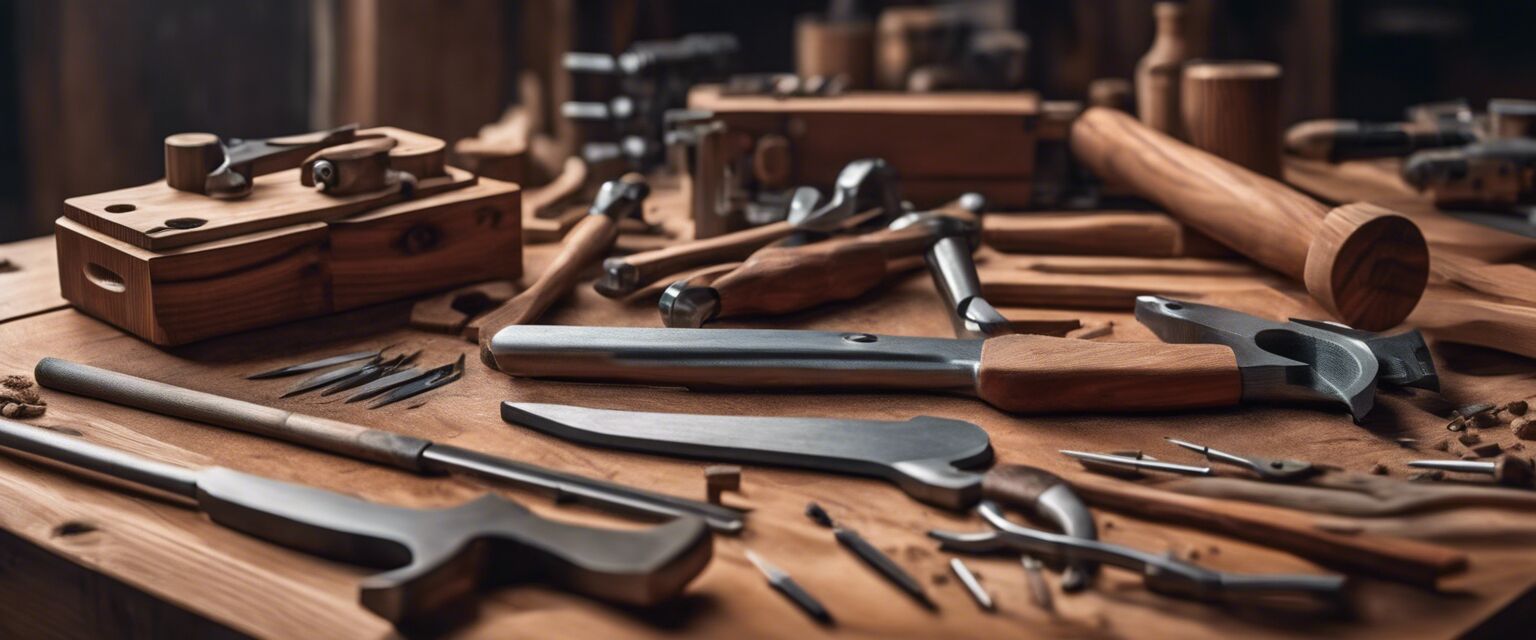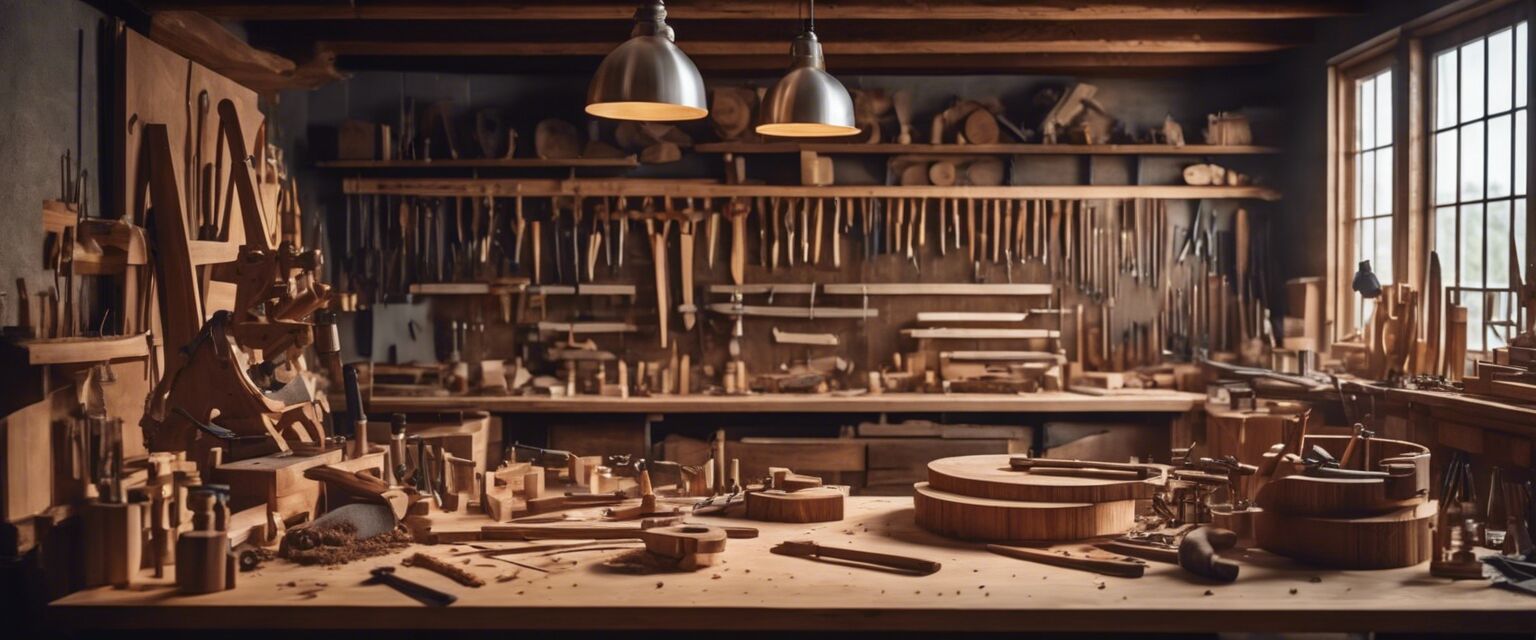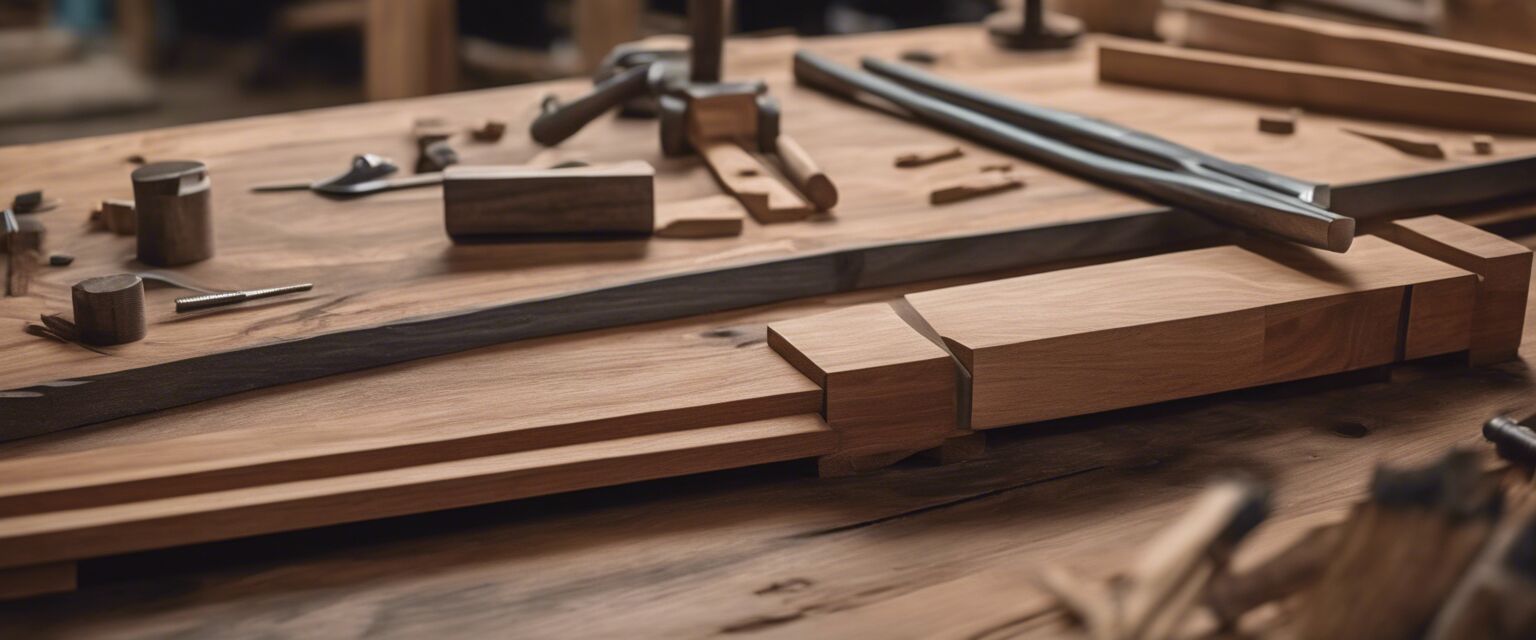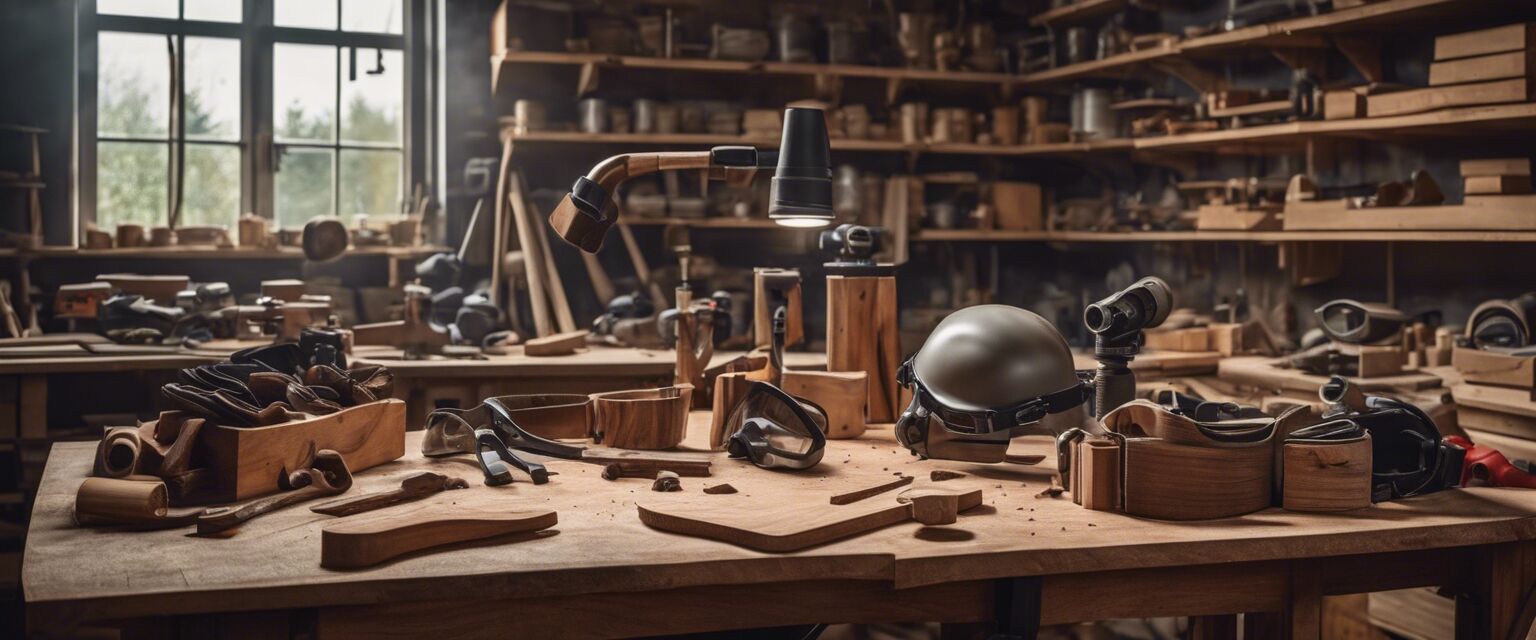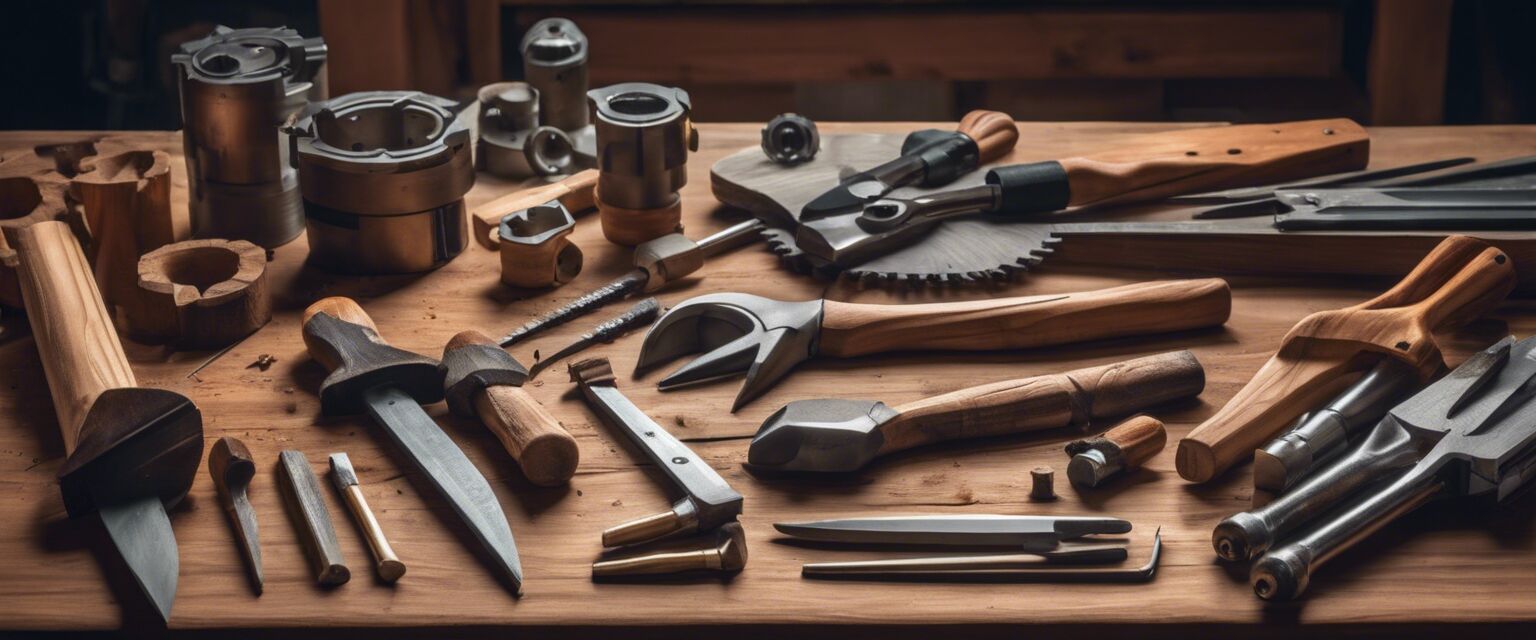
Best Woodworking Tools for Beginners
- Essential woodworking tools include hand tools and power tools.
- Investing in quality tools can enhance your woodworking experience.
- Understanding tool functions and safety is crucial for beginners.
- Consider your project needs when selecting tools.
Starting your woodworking journey can be exciting and a bit overwhelming. With a wide variety of tools available, itâs essential to know which ones will help you create stunning projects without breaking the bank. In this guide, we'll explore the best woodworking tools for beginners, their functions, and why they are essential for your DIY projects.
Essential Hand Tools
Hand tools are fundamental in woodworking and are often the first tools a beginner should acquire. They provide control and precision that power tools may not offer. Below is a list of essential hand tools:
- Hand Saw: Ideal for cutting wood with precision.
- Chisels: Useful for shaping and carving wood.
- Clamps: Essential for holding pieces together while working.
- Square: Ensures accurate right angles in your projects.
- Measuring Tape: Crucial for taking precise measurements.
Hand Tools Comparison
| Tool | Function | Usage Tips |
|---|---|---|
| Hand Saw | Cutting wood | Use long, steady strokes for clean cuts. |
| Chisels | Shaping wood | Keep the blade sharp for better results. |
| Clamps | Holding pieces | Use different sizes for various projects. |
| Square | Checking angles | Always check your angles before cutting. |
| Measuring Tape | Measuring lengths | Double-check measurements for accuracy. |
Power Tools for Beginners
Power tools can greatly speed up the woodworking process and allow for more complex projects. Here are some essential power tools that every beginner should consider:
- Electric Drill: Perfect for drilling holes and driving screws.
- Orbital Sander: Helps in smoothing surfaces quickly and efficiently.
- Jigsaw: Great for making curved cuts in wood.
- Circular Saw: Ideal for making straight cuts in larger pieces of wood.
- Router: Used for hollowing out an area in the wood.
Power Tools Comparison
| Tool | Function | Suitability |
|---|---|---|
| Electric Drill | Drilling holes and driving screws | Essential for all types of projects. |
| Orbital Sander | Smoothing surfaces | Great for finishing work. |
| Jigsaw | Cuts curves and shapes | Ideal for intricate designs. |
| Circular Saw | Straight cuts | Best for larger sheets of wood. |
| Router | Shaping edges | Perfect for decorative edges. |
Workshop Safety Gear
Safety should always be a priority in woodworking. Below are some essential safety gear that every beginner should have:
- Safety Glasses: Protect your eyes from sawdust and debris.
- Hearing Protection: Protect your ears from loud power tools.
- Dust Mask: Prevent inhaling harmful particles.
- Work Gloves: Protect your hands from cuts and splinters.
- Steel-Toed Boots: Offer protection against heavy falling objects.
Safety Gear Comparison
| Gear | Protection Level | Usage Tips |
|---|---|---|
| Safety Glasses | High | Always wear when cutting or sanding. |
| Hearing Protection | Medium | Use during loud operations. |
| Dust Mask | Medium | Wear when sanding or working with fine particles. |
| Work Gloves | High | Choose gloves that allow for dexterity. |
| Steel-Toed Boots | High | Wear at all times in the workshop. |
Finding Quality Tools
When beginning your woodworking journey, it's important to invest in quality tools. Consider the following tips:
- Read Reviews: Look for user feedback on the tools you are considering.
- Check Ratings: Look for tools with high ratings and proven performance.
- Compare Prices: Use comparison tools to find the best deals.
- Buy from Reputable Brands: Stick with brands known for quality and durability.
- Visit Local Hardware Stores: Get a feel for the tools before buying.
Conclusion
Starting your woodworking journey can be enjoyable with the right tools and knowledge. By investing in essential hand and power tools, as well as prioritizing safety, you can set yourself up for success. Remember to explore our woodworking tools page for more recommendations and resources to enhance your woodworking skills.
Pros
- Essential tools enhance project quality.
- Improved efficiency with power tools.
- Safety gear ensures a secure working environment.
- Hand tools provide precision and control.
Cons
- Initial investment can be high.
- Learning curve with power tools.
- Maintenance is required for longevity.
- Storage space needed for tools.
Tips for Beginners
- Start with a few essential tools and expand as you grow.
- Practice safety at all times.
- Join woodworking communities for advice and support.
- Donât rush; take your time to learn each tool's use.
- Have fun and enjoy the creative process!
